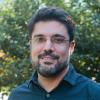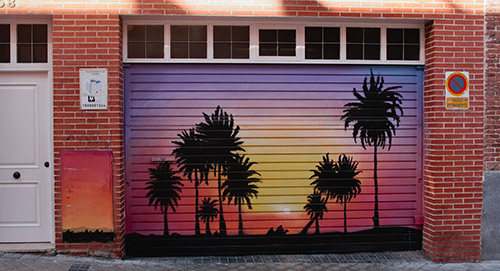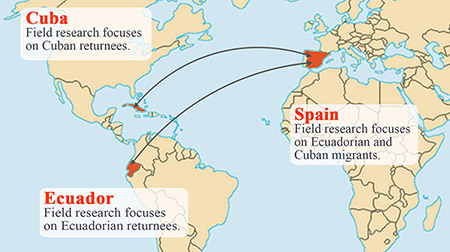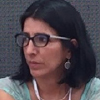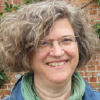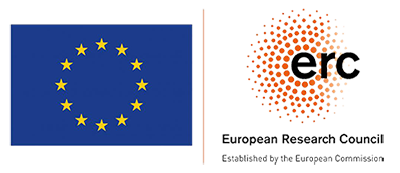About the Project
What makes for a valuable and good life is a question that many people in the contemporary world ask themselves, yet it is one that social science research has seldom addressed. Only recently have scholars begun to undertake inductive comparative research on different notions of the ‘good life’, calling for a better understanding of the different imaginaries, aspirations, and values that guide people in their quest for better living conditions. Knowledge is still lacking, however, on how people themselves assess and compare different views of the good life and their socio-cultural anchorage, notably as a result of changing structural conditions and transnational connections - such as those prompted by economic crisis and migration.
Addressing this knowledge gap, the project opens a new field of research on the good life and its transformations, while contributing to studies of human mobility and economic practice. Among its objectives is a reassessment of the place and value of economic considerations both in people’s decisions to migrate and in their assessment of good living. The project also aims to provide new understanding of the links between changes in values and aspirations, and transformations in living conditions.
The project brings together three main scholarly areas of enquiry:
- the study of morality, ethics, and what counts as ‘good life’
- the study of the field of economic practice, its definition, and ‘crises’
- the study of migratory aspirations, projects, and trajectories



